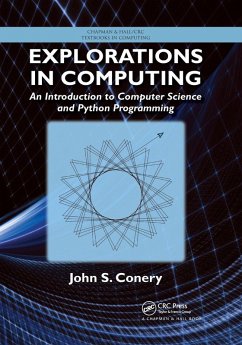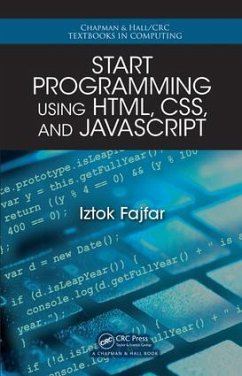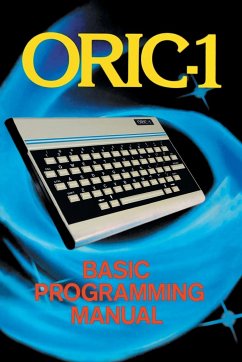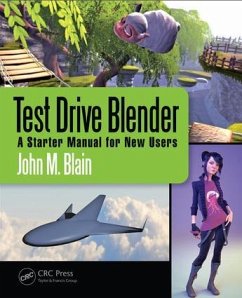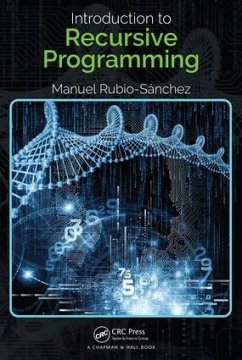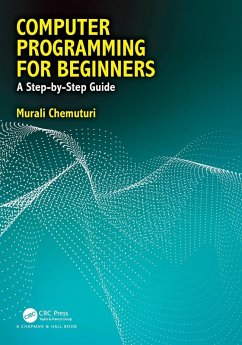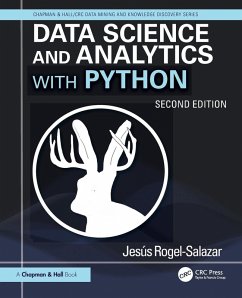Nicht lieferbar
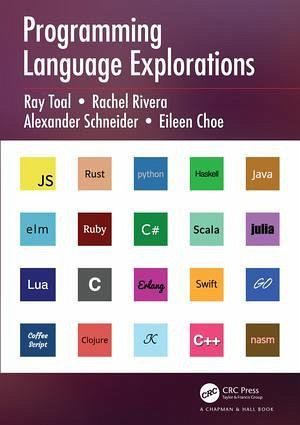
Programming Language Explorations
Versandkostenfrei!
Nicht lieferbar
Weitere Ausgaben:
The book is a programming languages textbook disguised as a tour of modern programming languages. As readers move through each language, they will encounter numerous examples introducing its key features. The book explains why each feature is in the language, pointing out (1) how it improves upon similar features in previous (and related) languages, and (2) how it is an instance of a more general concept. The book is not organized around the concepts; rather, the language-independent concepts are introduced as needed. An appendix lists and organizes each concept, in outline or glossary form, t...
The book is a programming languages textbook disguised as a tour of modern programming languages. As readers move through each language, they will encounter numerous examples introducing its key features. The book explains why each feature is in the language, pointing out (1) how it improves upon similar features in previous (and related) languages, and (2) how it is an instance of a more general concept. The book is not organized around the concepts; rather, the language-independent concepts are introduced as needed. An appendix lists and organizes each concept, in outline or glossary form, together with a mind map figure.





